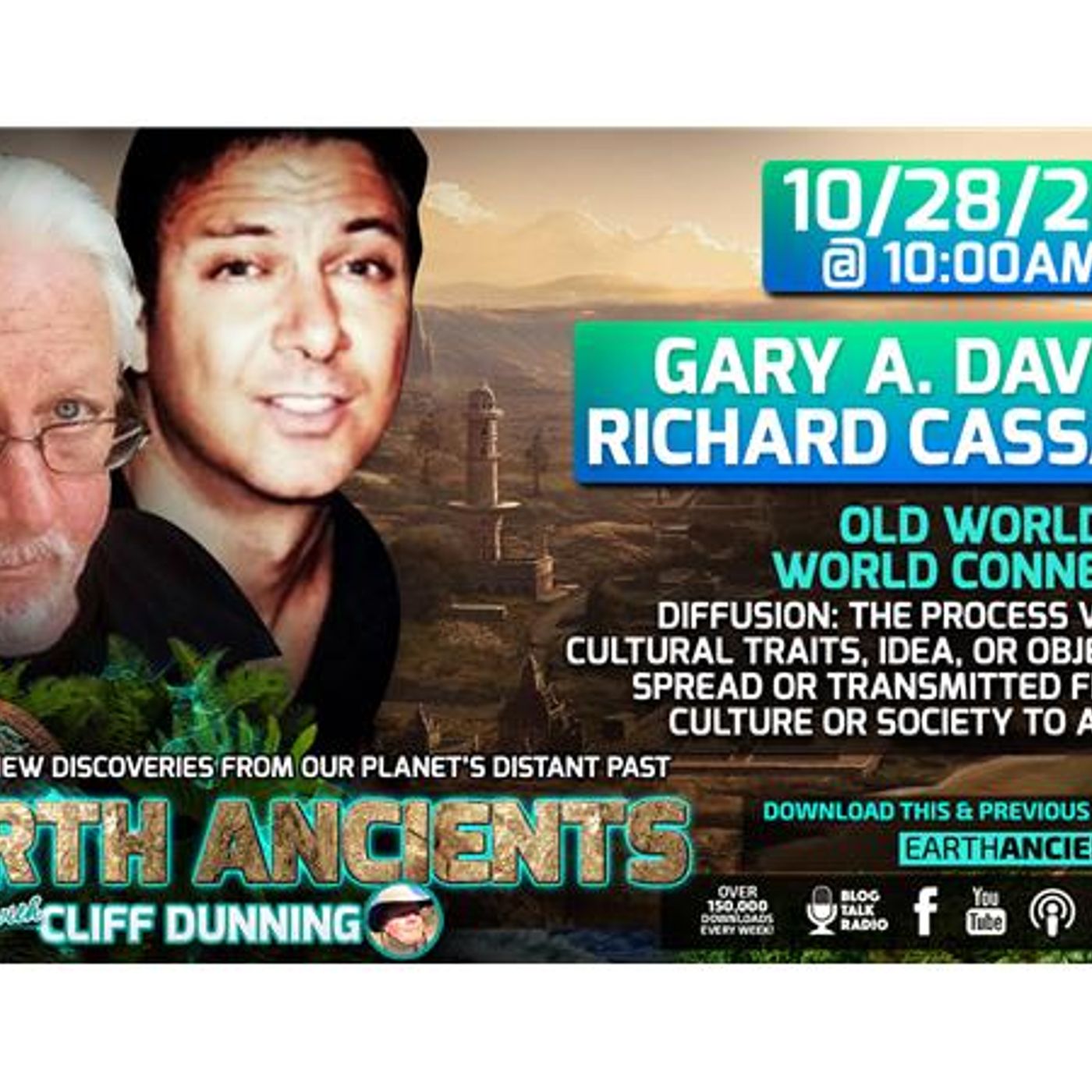
Cassaro & David: Cultural Diffussion in the Ancient World
 2017-10-28
2017-10-28
Download
Right click and do "save link as"
In the history of archaeological theory the term migrationism was opposed to the term diffusionism (or "immobilism") as a means of distinguishing two approaches to explaining the spread of prehistoric archaeological cultures and innovations in artefact. Migrationism explains cultural change in terms of human migration, while diffusionism relies on explanations based on trans-cultural diffusion of ideas rather than populations (pots, not people).
Western archaeology the first half of the 20th century relied on the assumption of migration and invasion as driving cultural change. This was criticized by the processualist in the 1960s and 1970s, leading to a new mainstream which rejected "migrationism" as outdated. Since the 1990s, there has been renewed interest in "migrationist" scenarios, as archaeologists attempted the archaeological reflexes of migrations known to have occurred historically.
Still the debate rages on.
view more
More Episodes
Destiny: Vickie Dodd, Healing Through Sound
 2024-04-10
2024-04-10
 2024-04-10
2024-04-10
LA Marzulli: Path of the Nephilim in America
 2024-04-06
2024-04-06
 2024-04-06
2024-04-06
Destiny: Alan Waugh, Alchemical Ayahuasca
 2024-03-20
2024-03-20
 2024-03-20
2024-03-20
Destiny: Melanie Barnum, Real Life Intuition
 2024-03-06
2024-03-06
 2024-03-06
2024-03-06
012345678910111213141516171819
Create your
podcast in
minutes
- Full-featured podcast site
- Unlimited storage and bandwidth
- Comprehensive podcast stats
- Distribute to Apple Podcasts, Spotify, and more
- Make money with your podcast
It is Free
- Privacy Policy
- Cookie Policy
- Terms of Use
- Consent Preferences
- Copyright © 2015-2024 Podbean.com



